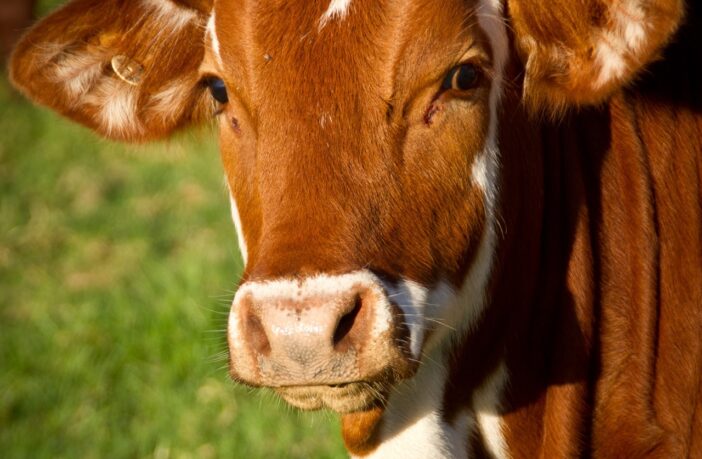One of the key drivers for the creation of cultured meat is that it is in theory less harmful to the plant and will create significantly less carbon emissions than traditional meat farming. In particular, it would address the carbon impact of beef farming which has been suggested to be responsible for as much as 6% of the world’s emissions.
A new study from independent research firm CE Delft has confirmed this is the case and suggested that meat cultivated directly from cells may cause up to 92 percent less global warming and 93 percent less air pollution and use up to 95 percent less land and 78 percent less water than conventionally farmed beef.
The survey highlights how cultivated meat, when produced using renewable energy, reduces the cumulative environmental impact of conventional beef by approximately 93 percent, pork by 53 percent, and chicken by 29 percent, even when the traditionally farmed meat is also produced using renewable energy.
Further, when production is powered by an average conventional energy mix versus a renewable energy mix, cultivated meat’s carbon footprint rises, yet it still remains significantly lower than conventional beef’s.
The study also shows that by 2030, the cost of cultured meat when manufactured at scale could drop to $5.66 per kg ($2.57 per pound). At this price, it would be in a position to compete with its animal-based rival.
Other advantages of cultured meat according to the survey are that it reduces the impact of pollutants on human health, and can help to reduce the rise of antibiotic resistance.
“With this analysis, we have shown that cultivated meat is an achievable low-carbon, cost-competitive agricultural technology that can play a major role in achieving a carbon-neutral food system,” said CE Delft Senior Researcher Ingrid Odegard.
“This research provides a solid base on which companies can build, improve, and advance in their goal of producing cultivated meat sustainably at scale and at a competitive price point.”
“The world will not get to net-zero emissions without addressing food and land, and alternative proteins are a key aspect of how we do that,” added Bruce Friedrich, Executive Director of the Good Food Institute who commissioned the LCA.
“Decarbonizing the global economy is impossible with the diffuse production process and range of gases involved in conventional animal agriculture.
“As these new models illustrate, if we can concentrate the environmental impact of meat production in a single, manageable space — and if we power that space with electricity generated from clean energy sources — that’s how the world gets to net-zero emissions.”




